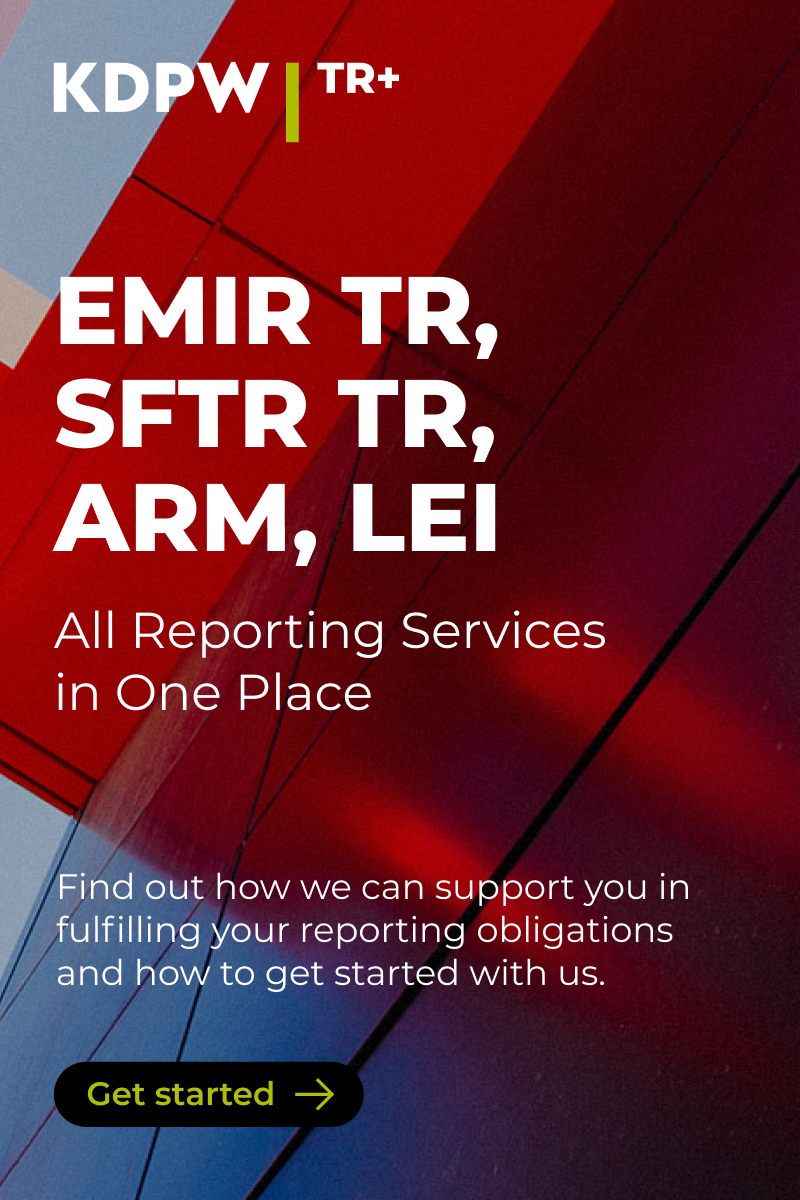Industry experts disagreed over the role of regulation in due diligence on a panel discussion at NeMa Europe in Athens, with one panellist saying that due diligence is not driven by regulation, and others maintaining that they go hand-in-hand.
The panel’s moderator began by suggesting that “the due diligence process is under stress”, and that “it needs to be re-engineered”. He suggested that as the financial services world is changing, due diligence processes are leading to an excessive workload.
While many may believe due diligence is being driven by regulation, one speaker on the panel said: “I disagree strongly.”
He said that the definition of due diligence has not really changed, and that what has changed is our understanding of risk and the emphasis placed on components of risk. He said changes have been driven by changes to market infrastructure and the un-bundling of services and subsequent separation of risks.
He added that regulation has instead been “an enabler” to due diligence by emphasising the risks.
“Regulation has allocated risk to parts in the chain that didn’t have risk before, or didn’t think they had risk,” he said.
Another panellist, however, challenged this view, saying that while regulation was indeed an enabler, if due diligence programmes are driven by regulation then they can be ready as soon as new regulations come in to effect. This way, the mandated due diligence should be “reflective of what we’ve already got”.
The majority of the audience also agreed that regulation and due diligence should be connected. When asked if regulators should give more guidance on the scope or structure of due diligence, 68.7 percent answered that they should be part of a industry exercise to agree best practice.
Only 12.6 percent said they should be kept away from the subject altogether, and 18.7 percent said they should clearly lay out their due diligence requirements.


